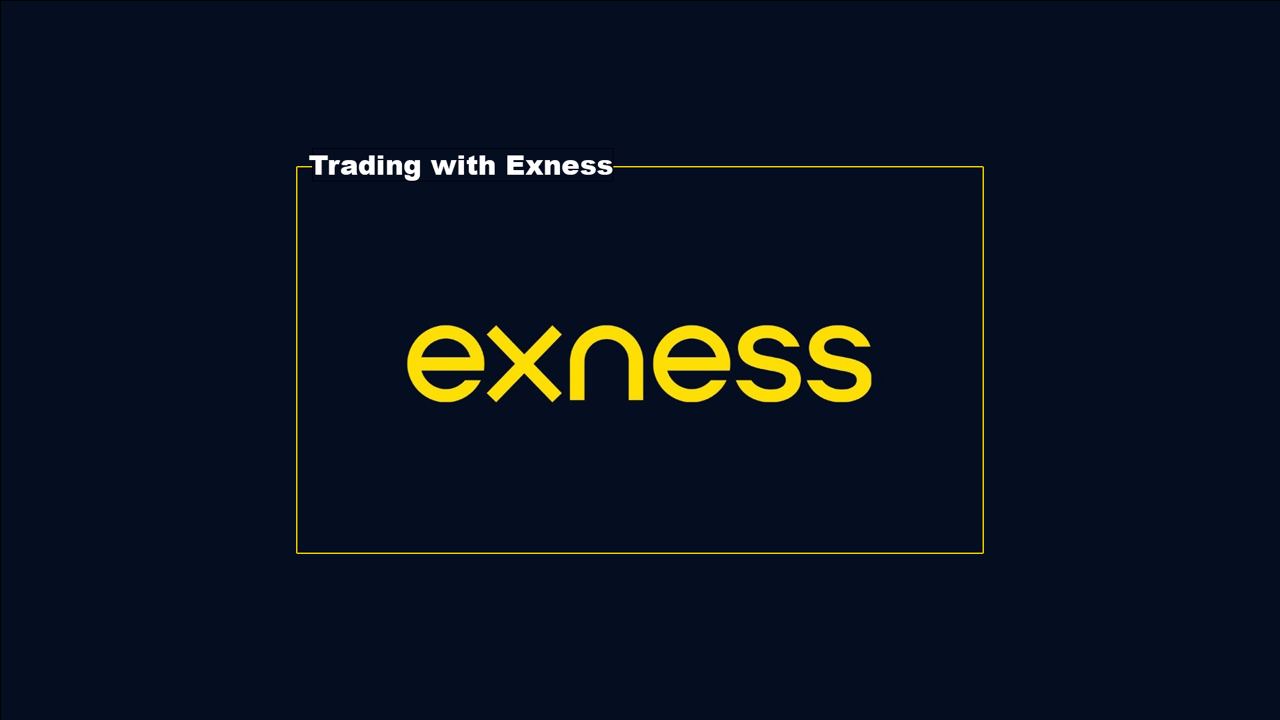
5 minute read
Is Exness Regulated by SEBI?
Exness, a globally recognized broker, is not regulated by the Securities and Exchange Board of India (SEBI). However, it operates under stringent regulations from top-tier financial authorities worldwide, ensuring safety and transparency for its traders. Indian traders can still access Exness and benefit from its robust features, subject to specific considerations.
What is SEBI?
The Securities and Exchange Board of India (SEBI) is the primary regulatory authority overseeing financial markets in India. Established in 1988, SEBI's mission is to protect investors, ensure fair trading practices, and promote the development of financial markets. It regulates brokers, mutual funds, and other financial institutions operating in the Indian market.
SEBI enforces strict guidelines to safeguard investors' interests and maintain market integrity. Any broker offering services in India must comply with SEBI regulations to be considered legitimate under Indian law.

🏆 Start Trading With Exness – Register Now! 🚀 or Visit the Broker’s Website ⭐
Is Exness Regulated by SEBI?
ad, it operates under licenses from other reputable regulatory bodies, such as the Financial Conduct Authority (FCA) in the UK, the Cyprus Securities and Exchange Commission (CySEC), and the Financial Services Authority (FSA) in Seychelles. These licenses ensure that Exness adheres to international standards of financial security and transparency.
While Exness is not directly overseen by SEBI, Indian traders can still open accounts with Exness, as it accepts clients from many countries, including India. However, traders should be aware of local regulations and the potential implications of trading with a non-SEBI-regulated broker.
Why SEBI Regulation Matters for Indian Traders
SEBI regulation provides an additional layer of security for Indian traders. Brokers regulated by SEBI are subject to local compliance measures, dispute resolution mechanisms, and investor protection policies. This ensures that Indian traders have recourse in case of disputes or fraud and guarantees that the broker operates transparently within India.
Without SEBI regulation, Indian traders rely on the broker's global regulatory credentials and their ability to comply with international standards. While Exness is highly reputable, it’s essential to understand the differences between trading with a SEBI-regulated broker and a globally regulated one.
Exness’s Global Regulatory Compliance
Exness is regulated by multiple international financial authorities, providing a secure and trustworthy trading environment. Its licenses include:
FCA (UK): Known for its stringent regulatory standards and investor protection measures.
CySEC (Cyprus): Ensures compliance with EU financial regulations.
FSA (Seychelles): Offers flexible regulations for global operations.
These licenses mean that Exness adheres to strict guidelines regarding client fund segregation, negative balance protection, and financial reporting. Traders benefit from a high level of transparency and security, even in markets where Exness is not locally regulated.

🏆 Start Trading With Exness – Register Now! 🚀 or Visit the Broker’s Website ⭐
Alternatives for Indian Traders Who Want to Trade with Exness
Indian traders looking to trade with Exness can still access its platform, but it’s important to consider alternatives. Brokers regulated by SEBI offer local support, tailored services, and compliance with Indian financial laws. However, these brokers may lack some of the advanced features or competitive trading conditions that Exness provides.
For traders committed to Exness, leveraging its global regulatory framework and adhering to personal risk management strategies can ensure a safe trading experience. Additionally, it’s advisable to stay updated on any changes in Indian trading regulations or SEBI-approved alternatives that offer similar benefits.
Risks and Considerations for Indian Traders
Trading with a non-SEBI-regulated broker like Exness comes with certain risks that Indian traders should carefully evaluate. One key consideration is the lack of local regulatory oversight, which means any disputes or issues may not be resolved under SEBI's investor protection framework. Additionally, the Indian government has strict guidelines for forex trading, and traders should ensure they comply with these regulations to avoid potential legal issues.
Another factor to consider is currency transfer restrictions. Since Exness operates internationally, Indian traders might face challenges when funding their accounts or withdrawing profits due to Reserve Bank of India (RBI) rules on foreign remittances. While Exness is globally regulated and follows stringent standards, understanding these limitations and adhering to proper risk management practices is essential.
FAQ About Exness and SEBI Regulation
Is Exness regulated by SEBI in India?
No, Exness is not regulated by SEBI. However, it is licensed by globally recognized regulators such as the FCA, CySEC, and FSA, ensuring compliance with international financial standards.
What should Indian traders consider before trading with Exness?
Indian traders should consider the lack of SEBI regulation, local compliance requirements, and potential challenges with currency transfers. It’s also crucial to assess their risk tolerance and ensure they are comfortable relying on Exness's global regulatory protections.
Can Indian traders still open an Exness account if it's not SEBI-regulated?
Yes, Indian traders can open an Exness account. However, they should be aware that trading with a non-SEBI-regulated broker requires additional diligence, including understanding the legal implications and the broker’s global regulatory credentials.
How does SEBI's regulation affect my ability to trade with Exness?
SEBI regulation does not directly prevent Indian traders from accessing Exness, but it means Exness does not fall under SEBI’s jurisdiction. This limits the recourse options for Indian traders in case of disputes or fraud.
What are the benefits of trading with a SEBI-regulated broker?
Trading with a SEBI-regulated broker ensures compliance with Indian laws, local investor protection, and access to SEBI's dispute resolution mechanisms. SEBI regulation also adds an extra layer of trust, as brokers must adhere to strict financial and operational guidelines within India.










